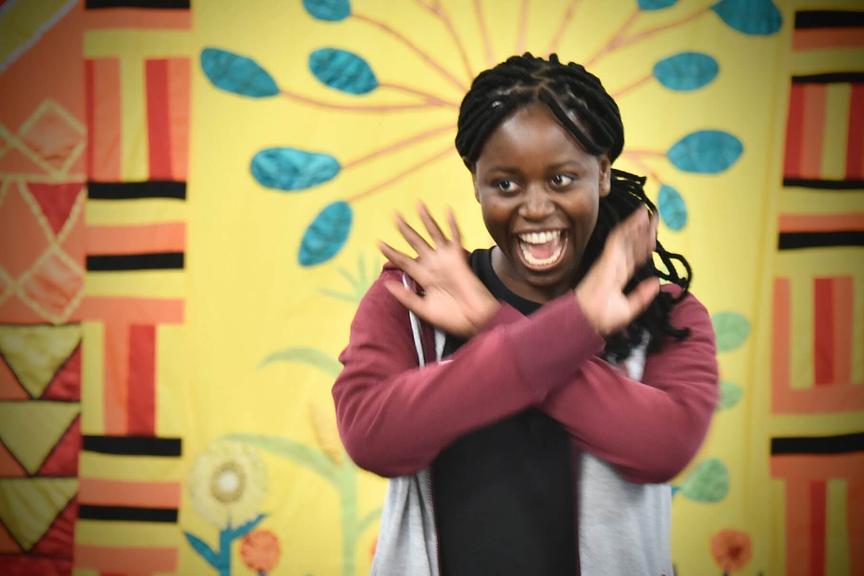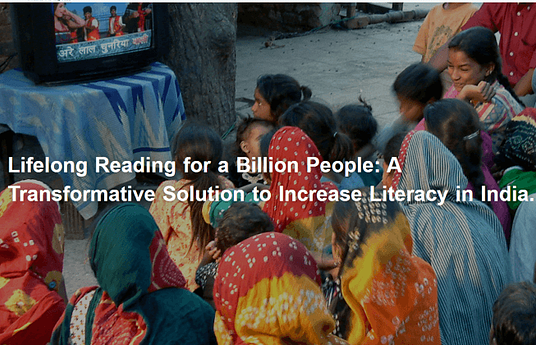Storytellers hail from local communities. They may include indigenous people, migrants, expats or refugees. They are not professional performers, but living conduits for languages that are little known, or rarely heard. By speaking and sharing their languages, storytellers forge a deeper and richer connection to their community, and enrich our common life. The languages grow stronger.
What is the purpose of a Language Party? Storytelling in language enlivens and enriches communities. It encourages speakers of lesser-known languages to keep their oral traditions strong. Past audience members describe the experience of attending shows as “an awakening”, “unexpectedly enjoyable and inspiring”, “moving and compelling” and “a privilege to be part of”. Most of all, the purpose is the relationships that are created in the process of putting on a language party.
Who is behind this? Language Parties, previously called Treasure Language Storytelling, is an initiative of the Aikuma Project, founded by Steven Bird, Robyn Perry and Manuel Maqueda in California. It is under ongoing development in Australia by Steven Bird and Jennifer Pinkerton. Our mission is to design scalable methods for strengthening small languages in urban centres.
So far, we’ve held Language Parties in places with strong linguistic diversity, such as the San Francisco Bay Area and all around Australia. More recently the format has been adopted by groups in Asia, Africa and Europe. Schools have incorporated language parties into their cultural programs. Several Language Parties took place as part of UN International Year of Indigenous Languages in 2019.
The goals
The purpose of a Language Party is to celebrate and connect: celebrate the linguistic diversity in our midst, and connect people who are keeping their languages strong. The ultimate goal is social change in which urban centres become welcoming and nurturing spaces for indigenous and immigrant people.
In many places linguistic diversity is barely tolerated. People living in English-speaking countries often have no personal experience of bilingualism. When they hear someone speaking a different language, they assume the person cannot speak English and is not participating as a citizen, and react negatively. We heard of a Turkish shopkeeper in San Francisco who realised that he had to use English when phoning his wife; if he spoke to her in Turkish the customers would leave his shop. We want to educate the wider population through displays of bilingualism: a story in language followed by the same individual interpreting it into English (or the locally dominant language).
In reality, the people who attend a Language Party are already ‘converted’. Thus, we see the primary audience of social change as the storytellers themselves. By owning their language in a public place and by having people listening attentively, storytellers experience recognition, new pride in their identity. They resolve to keep their languages strong. For recently-arrived immigrants, this is a ‘strengths-based approach’ to learning the locally dominant language. Language Parties are a source of refreshment and encouragement for anyone in the ‘linguistic front line’.


